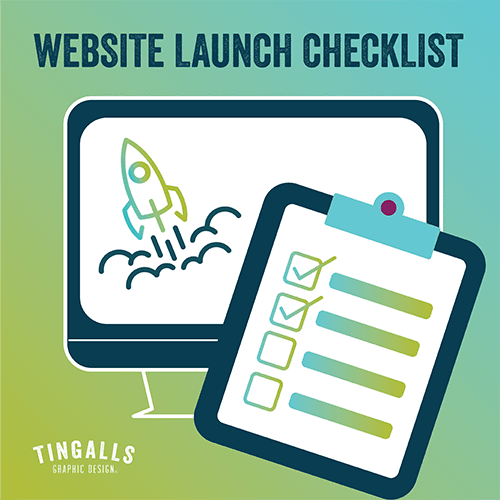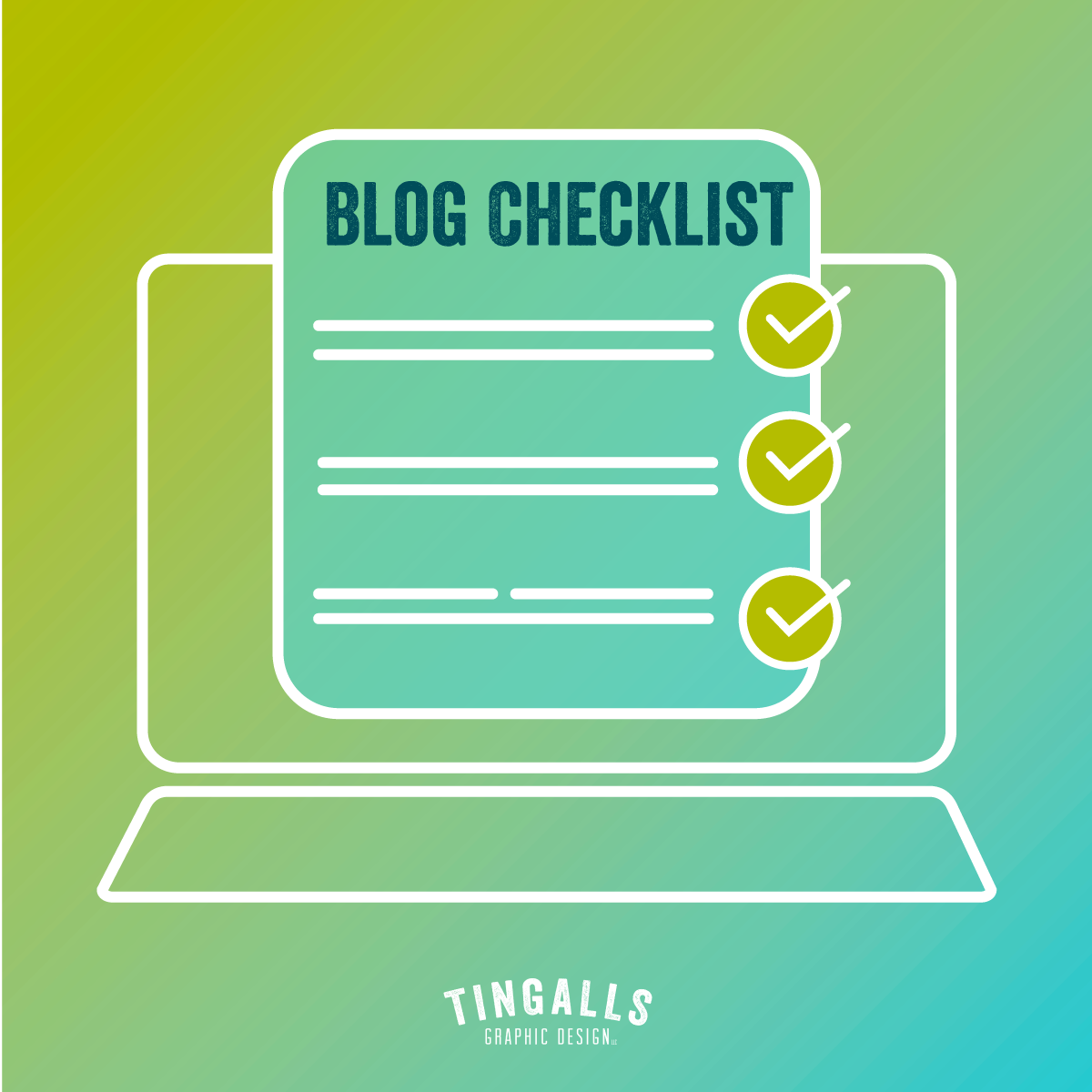How to Use SEO to Work around Google’s Panda Update
If you keep track of your website’s visitor numbers you may have had a shock back in February or March. This is when Google implemented their Panda Update which has hit some businesses so hard that they’ve lost 50% or even more of their organic visits from Google. This has left many online retailers and website owners pulling out their hair and questioning why Google would do this to them.
Well, the thought behind Panda is that it’s just another step in the war against spammers and a tool to help quality sites rise in the rankings while poor ones slip away. Remember that Google needs to have happy searchers to continue to exist. So if you think your site has been unjustly hurt by Panda you can report it at the Google Support Website, and although they want to hear from you don’t expect miracles.
So, how do you make your website more Panda compatible? The following SEO tips will help you deal with search engines in a post Panda world.
Think of the User First
Google wants our sites to make the users happy. So that’s what you should do. Include your keywords and links because they’re still important, but if your site is difficult to navigate, doesn’t provide what they’re looking for, or takes forever to download information you’re not making the audience happy and now Panda isn’t happy either.
Establish Authority
Blog often and blog well. You want your audience to keep returning to your site, so how do you do that. Well, the low hanging fruit is offering quality information that is useful to them. If you want to really engage with your audience create content that makes them want to share it or follow you on social media. This can be a simple statistic or a tip or even a call to action, such as asking viewers for their tips, experiences, etc. Think outside of the box to reach a larger audience in a more exciting and interactive way.
And above all, make the information easy to digest, not too full of technical jargon your audience won’t understand, factual, and void of spelling and grammar errors.
Prove Authority
Establishing authority through useful content is one thing, but proving it is another. Publish credentials, professional accomplishments, industry affiliations and anything else that sets you up as an honest professional in your field. Also, providing links to affiliate groups and asking them if they’ll provide a link to you is a great way to prove your authority and instantly boost your SEO.
Be Your Own Analyst
Review your site on a regular basis to see if there are any pages that aren’t really working for you as well as the rest. Consider dumping those pages or having them improved to make the experience on that page more instant, more aesthetically pleasing and more informative. A regular, quick monthly review can help you keep your website ahead of the rest.



